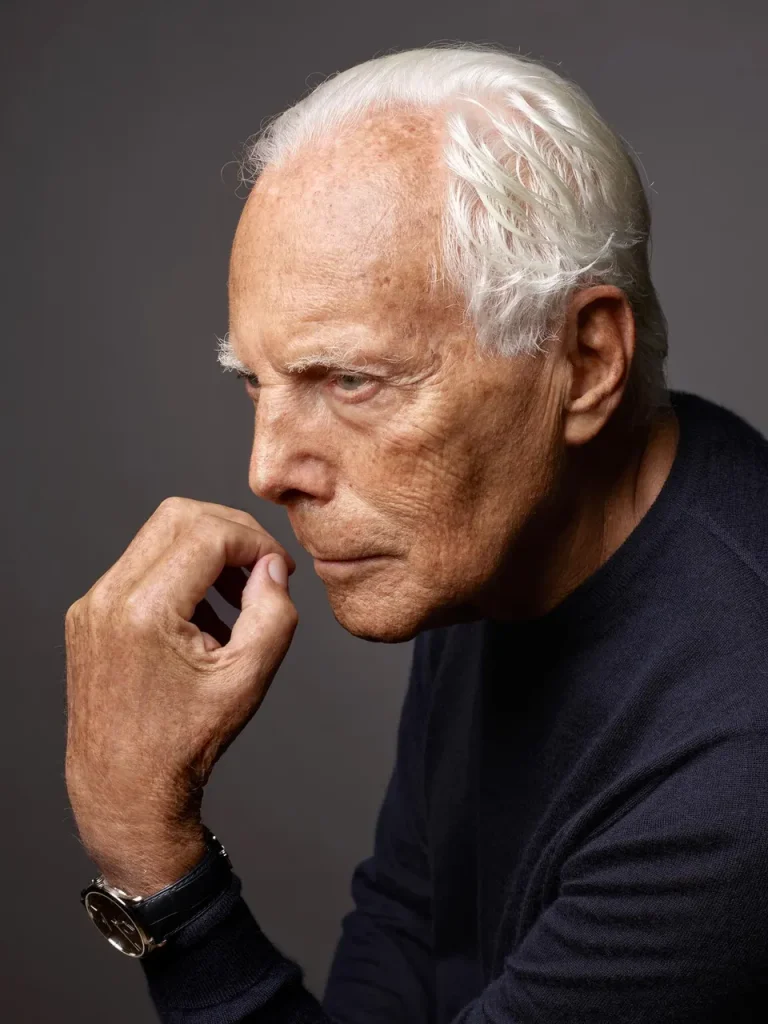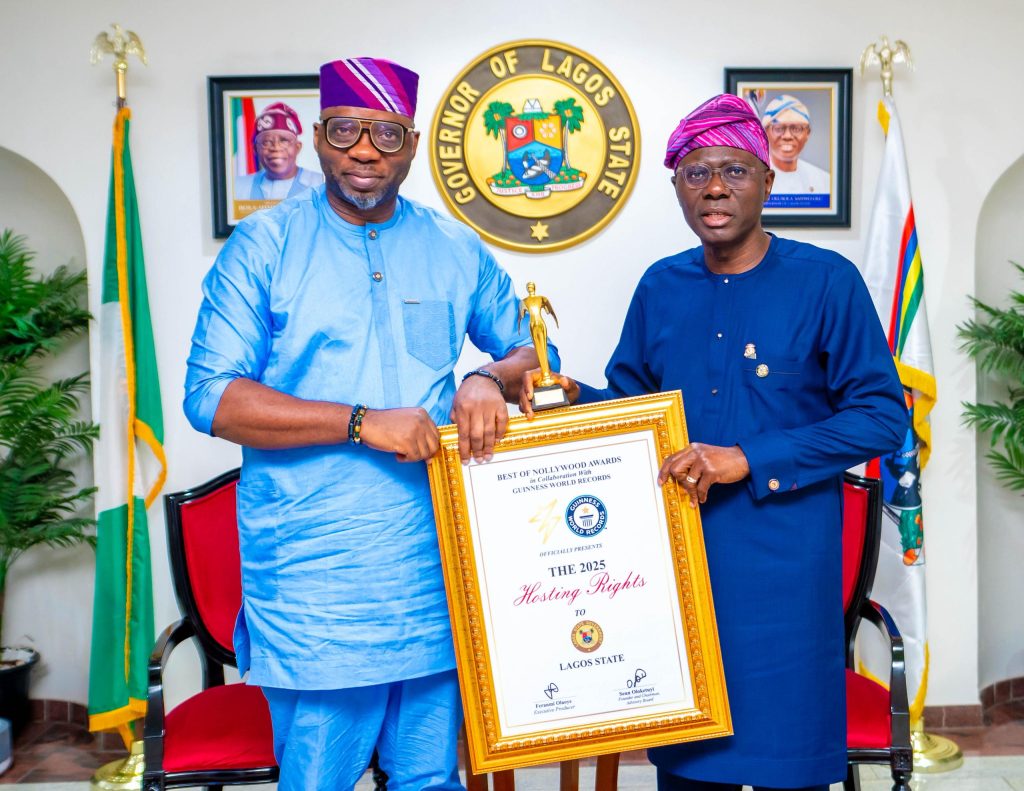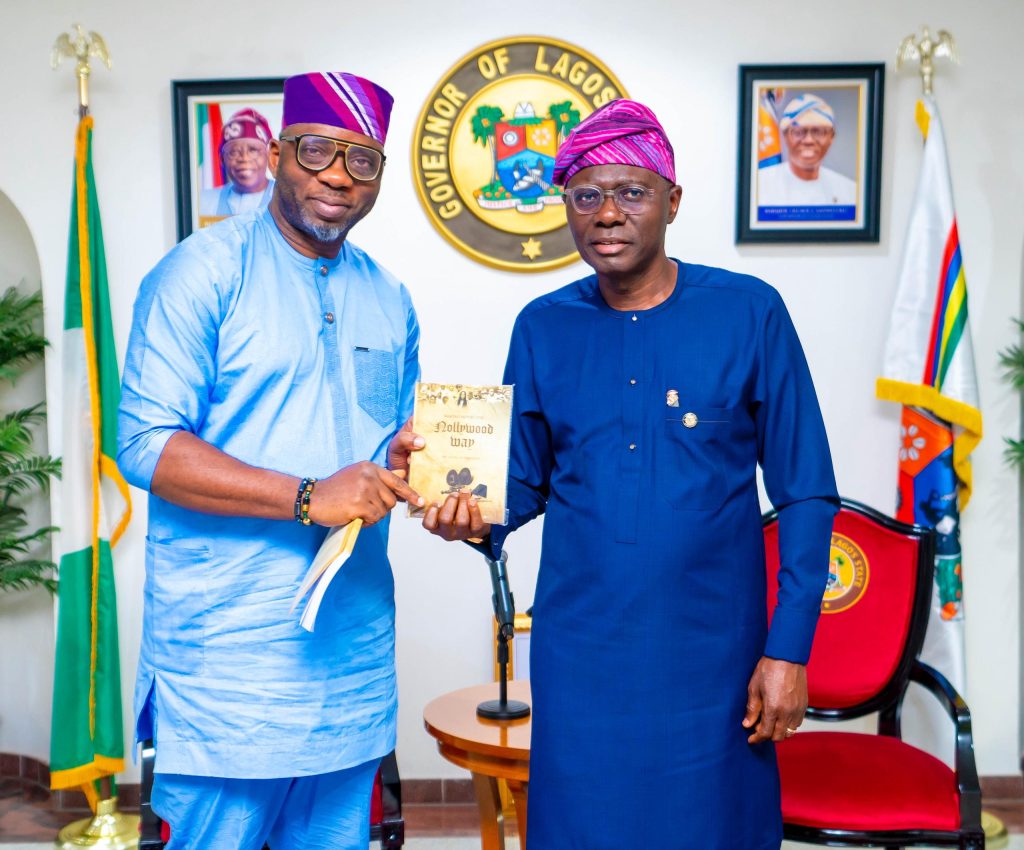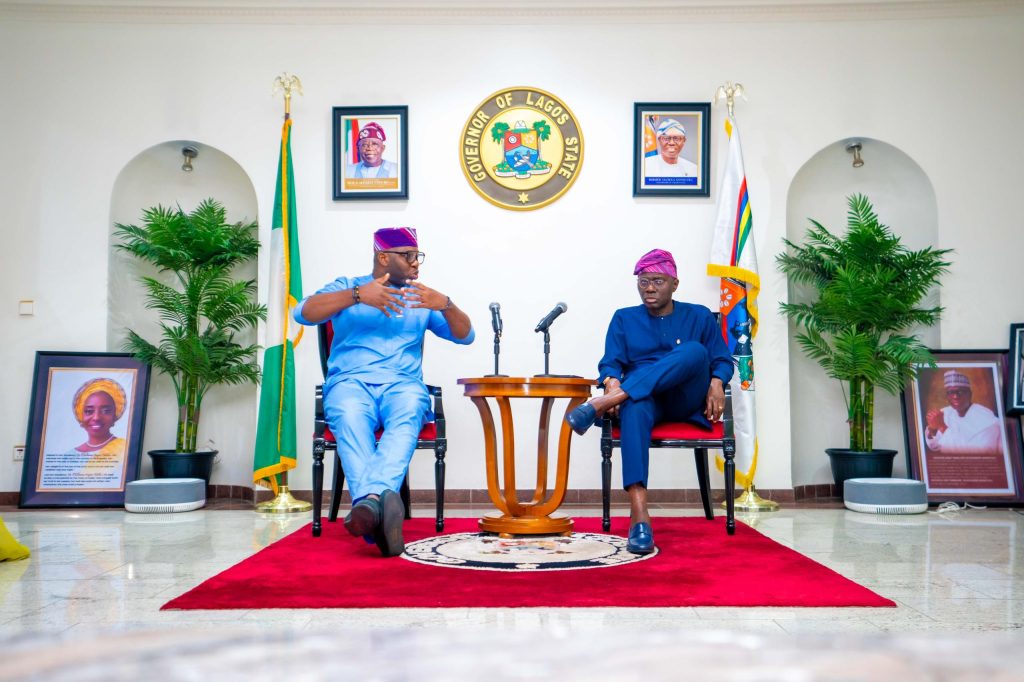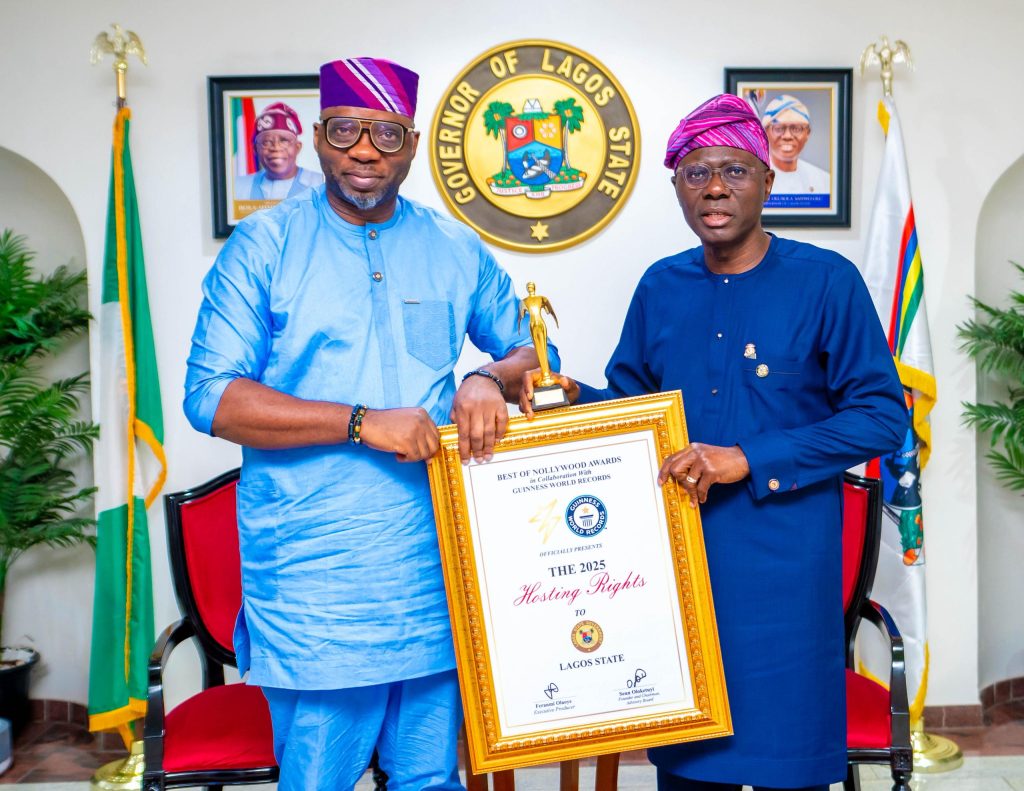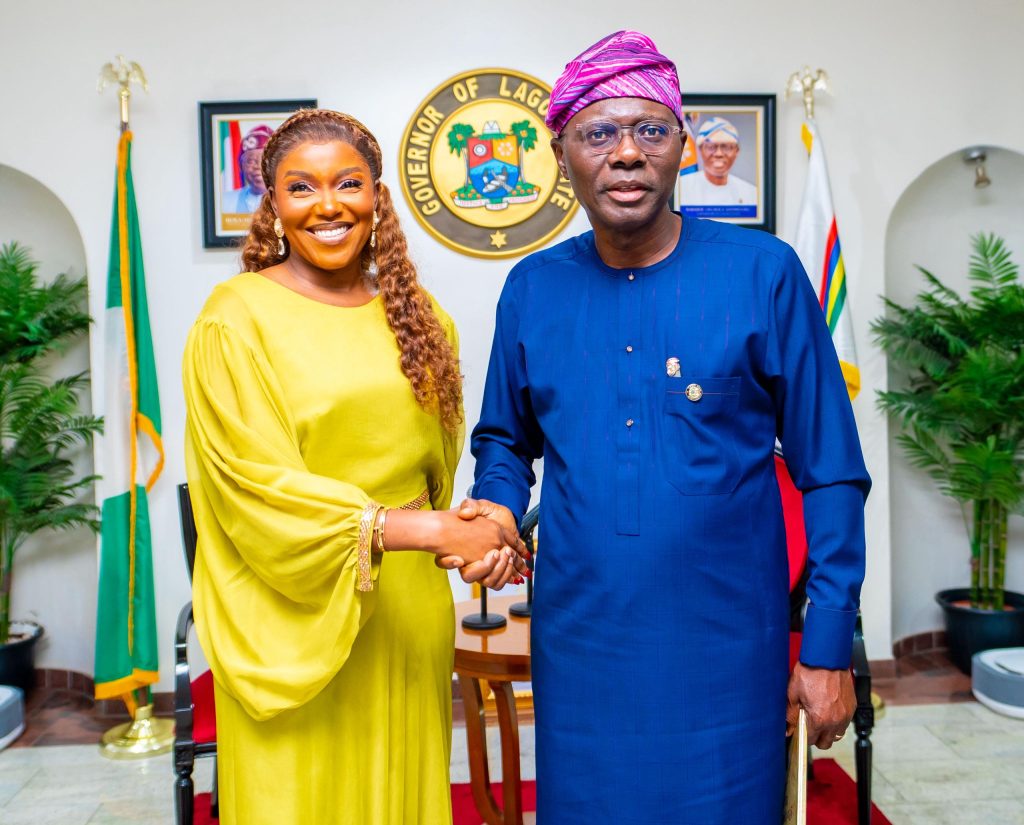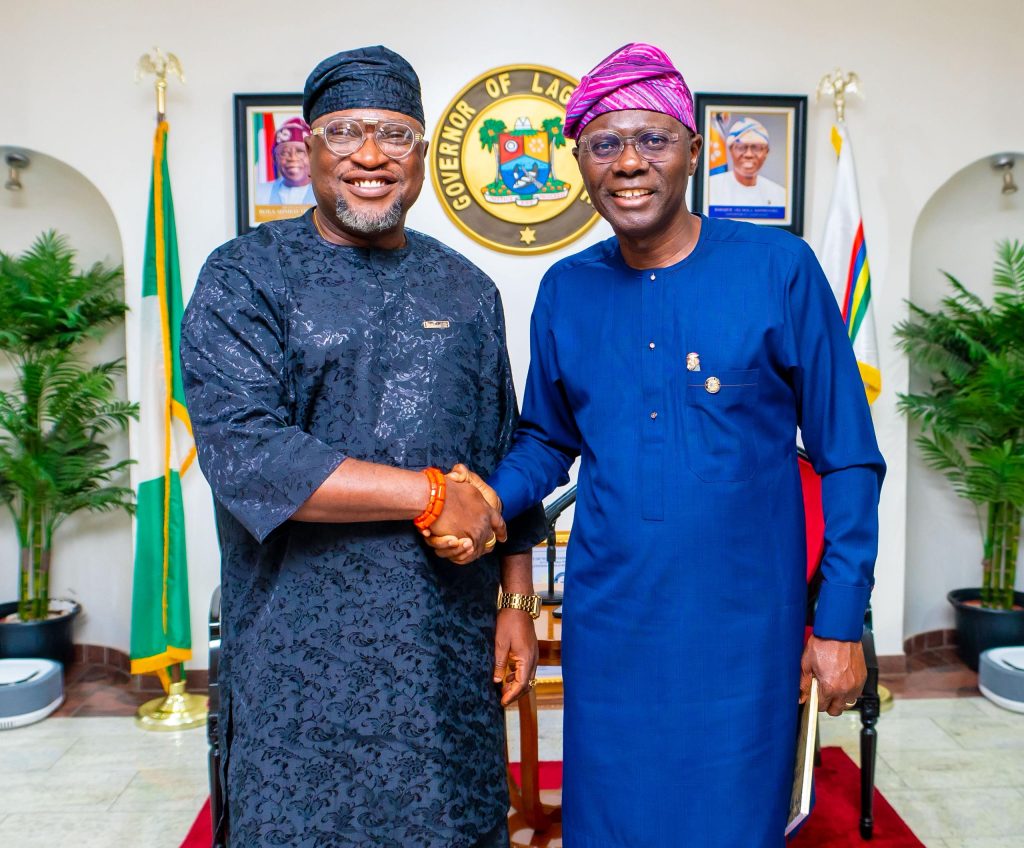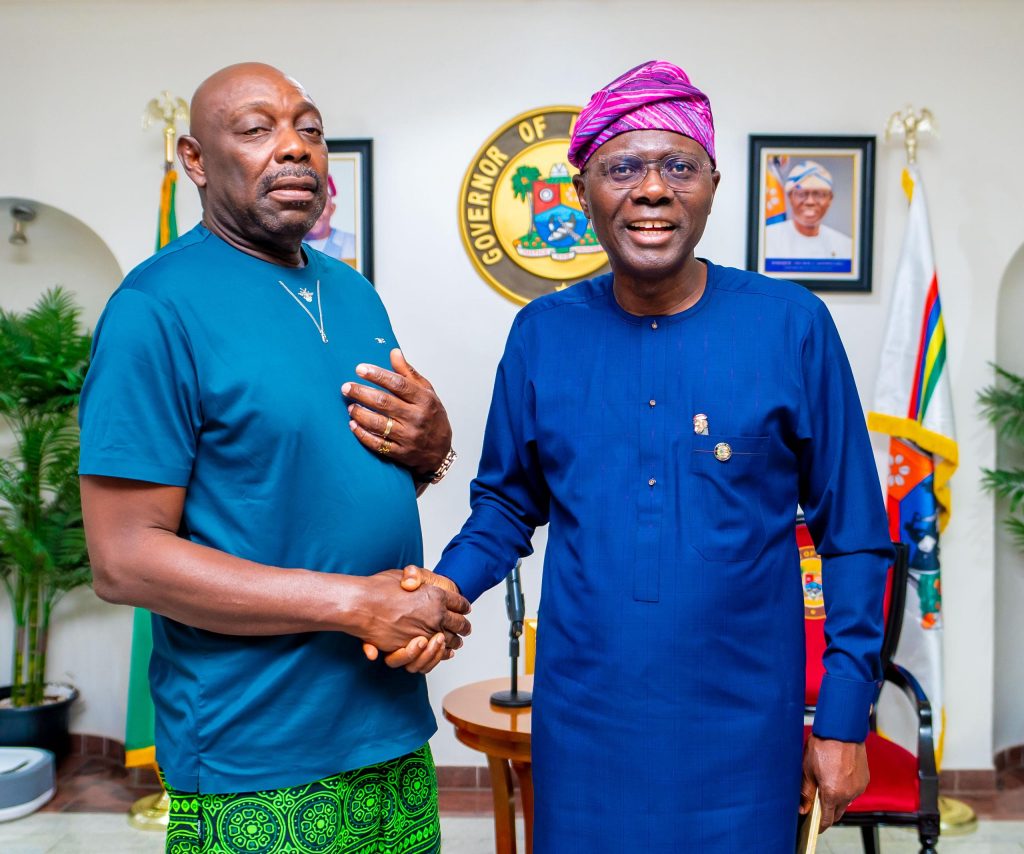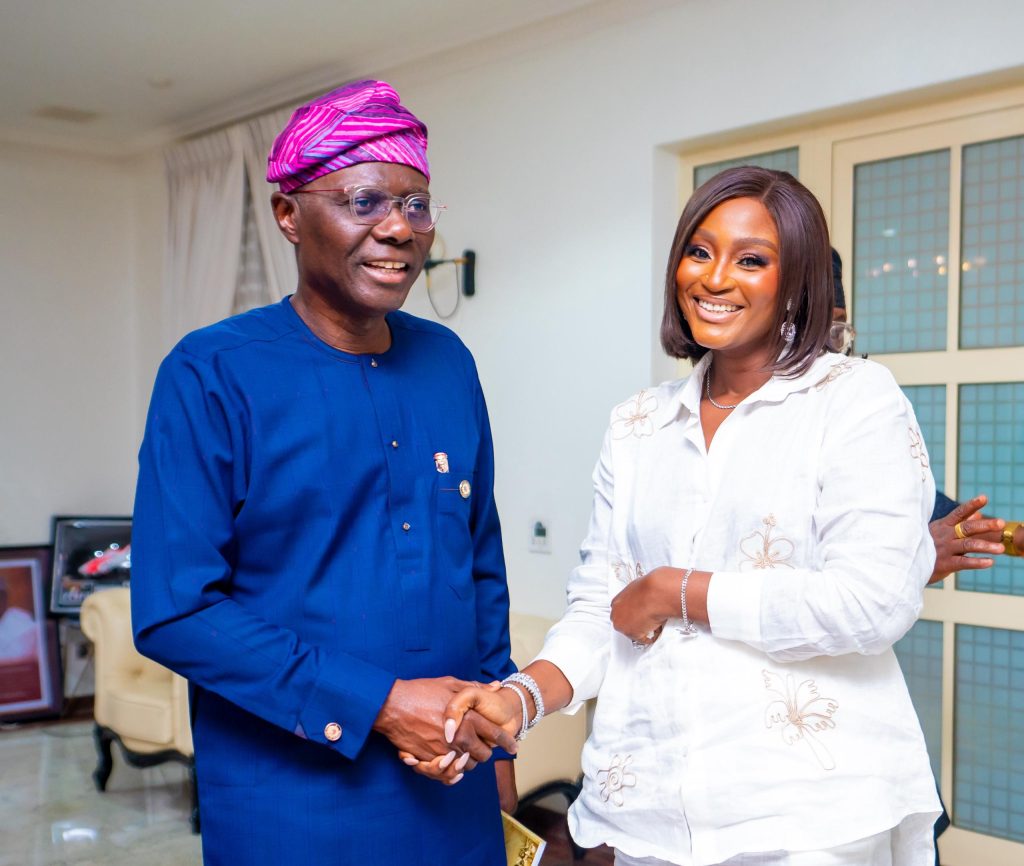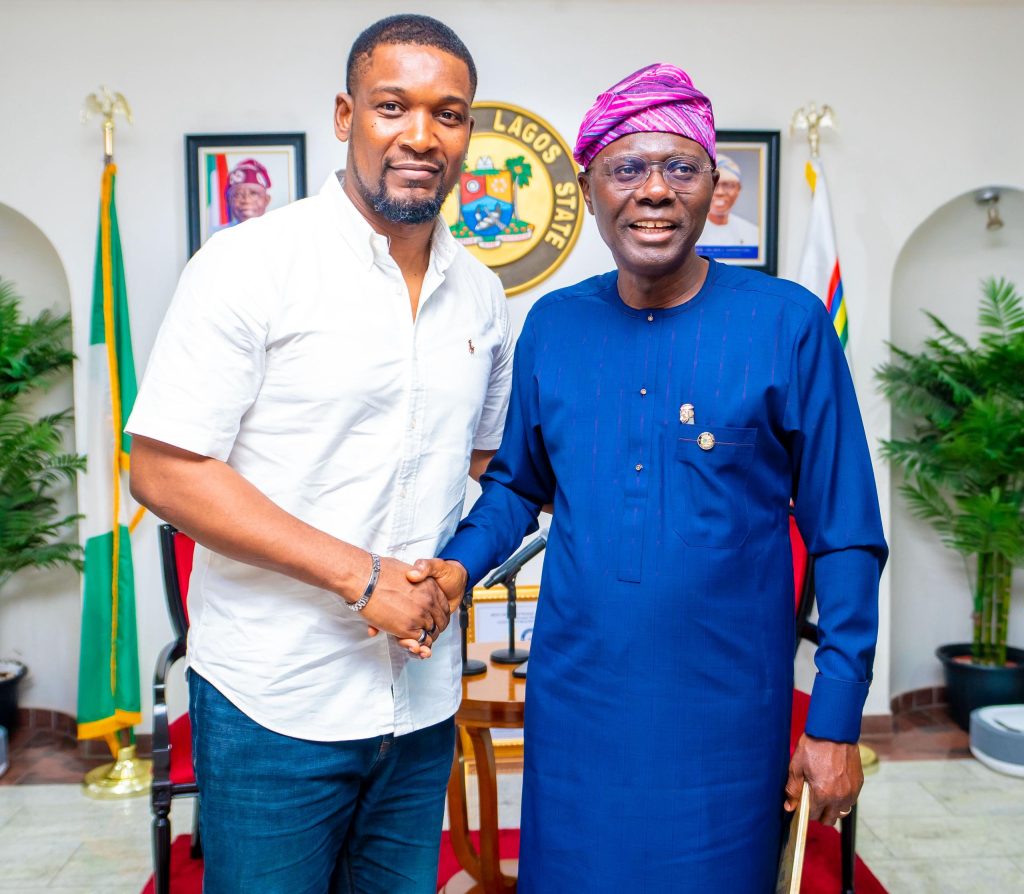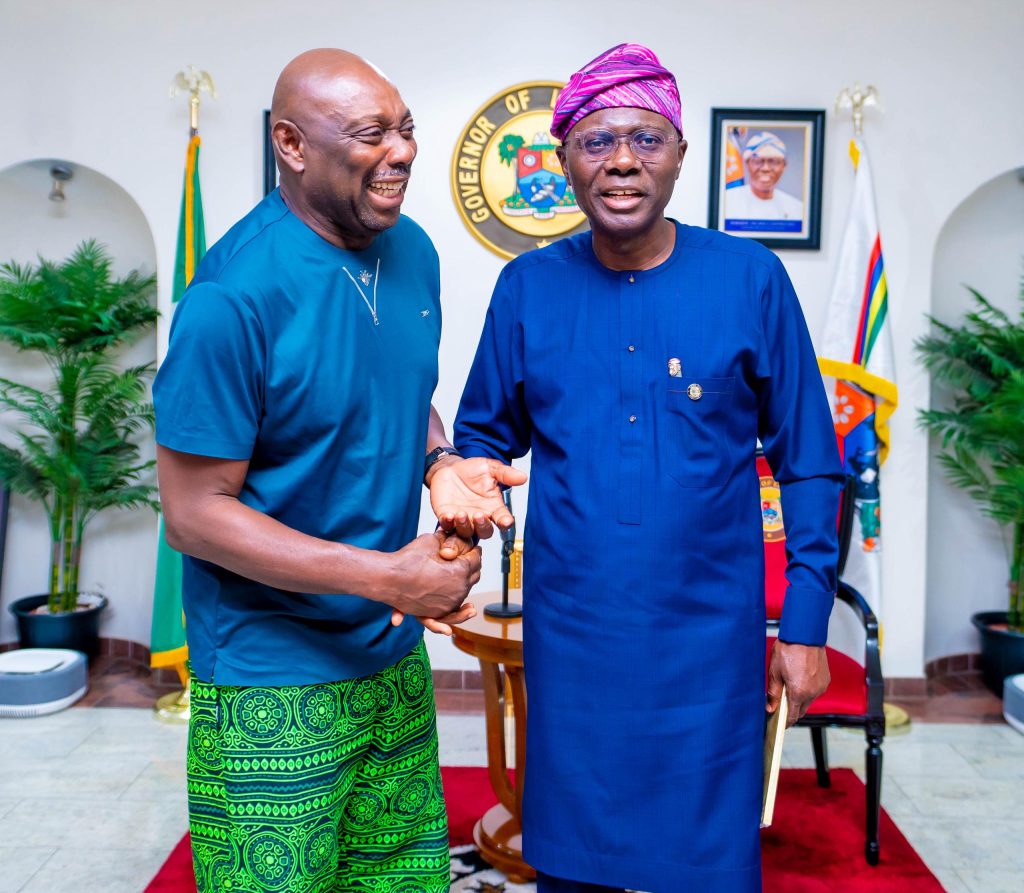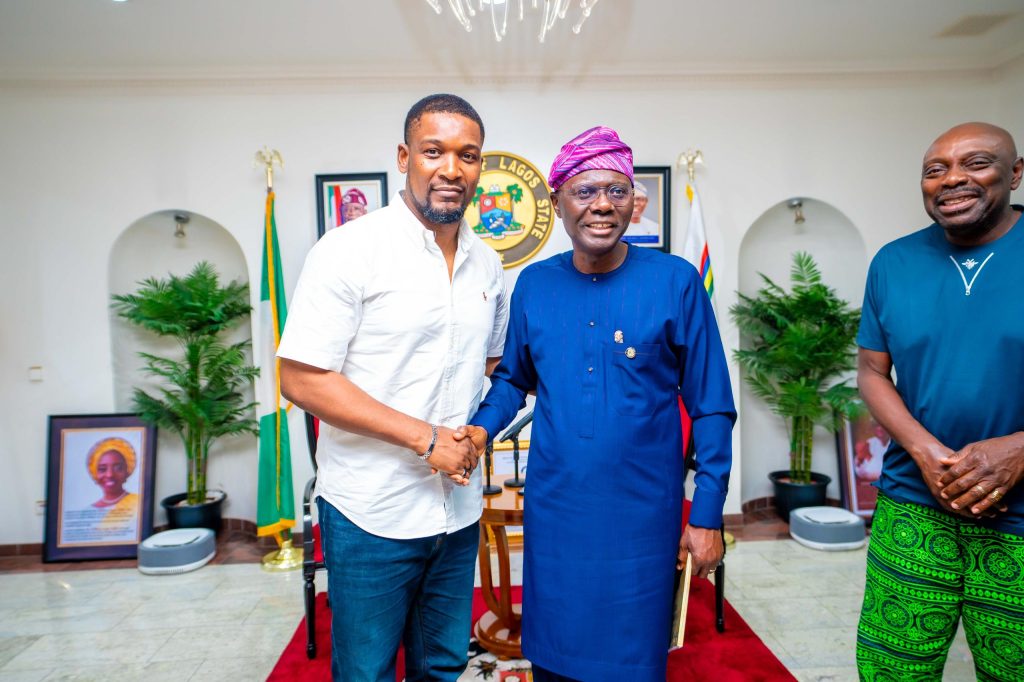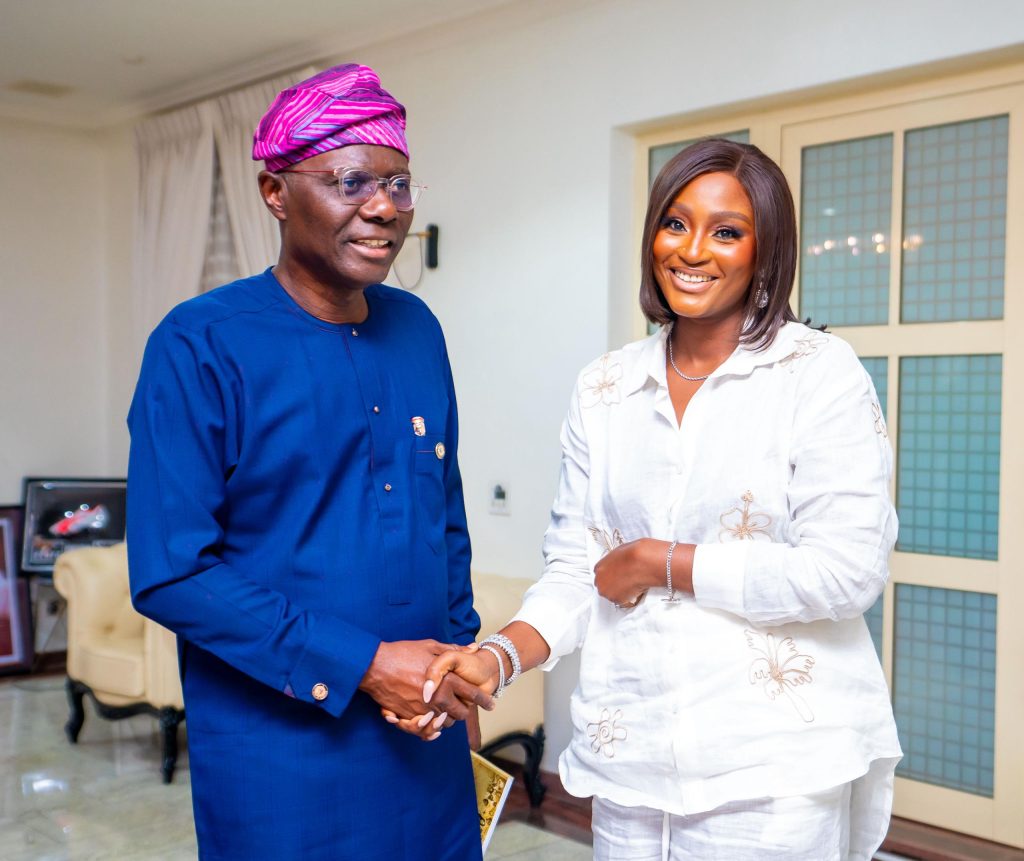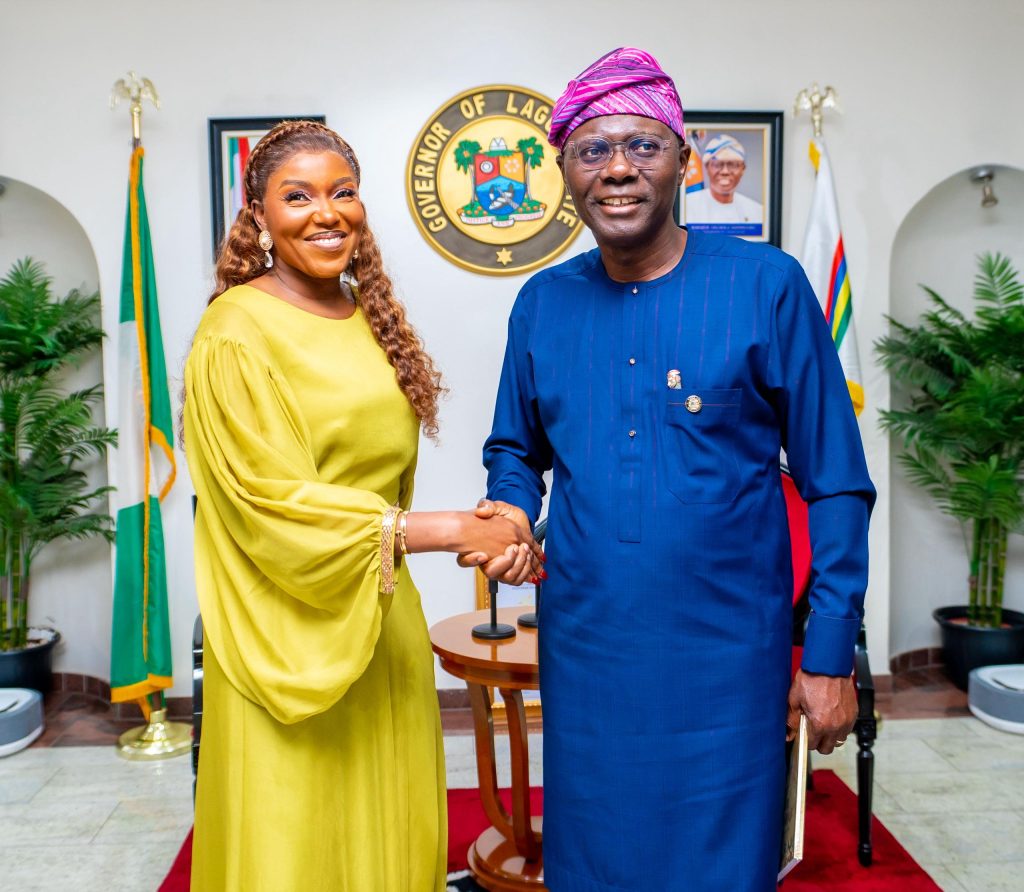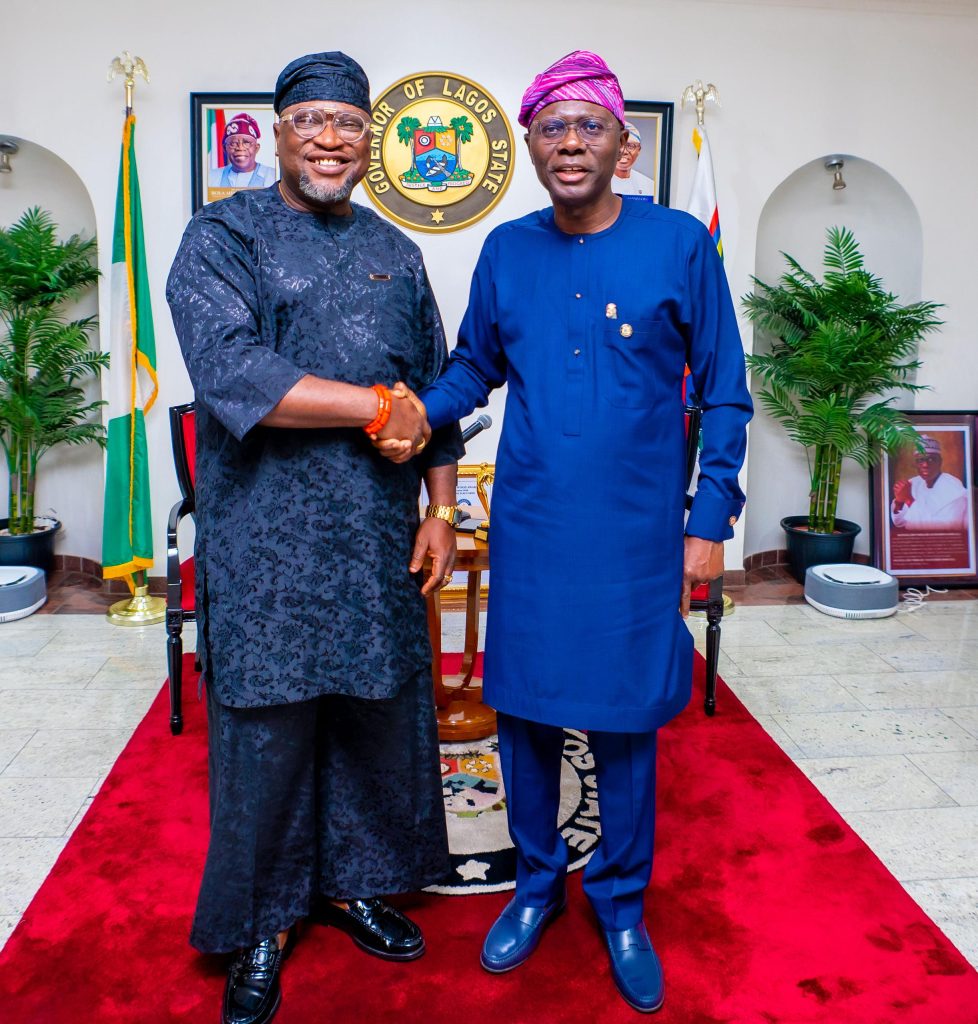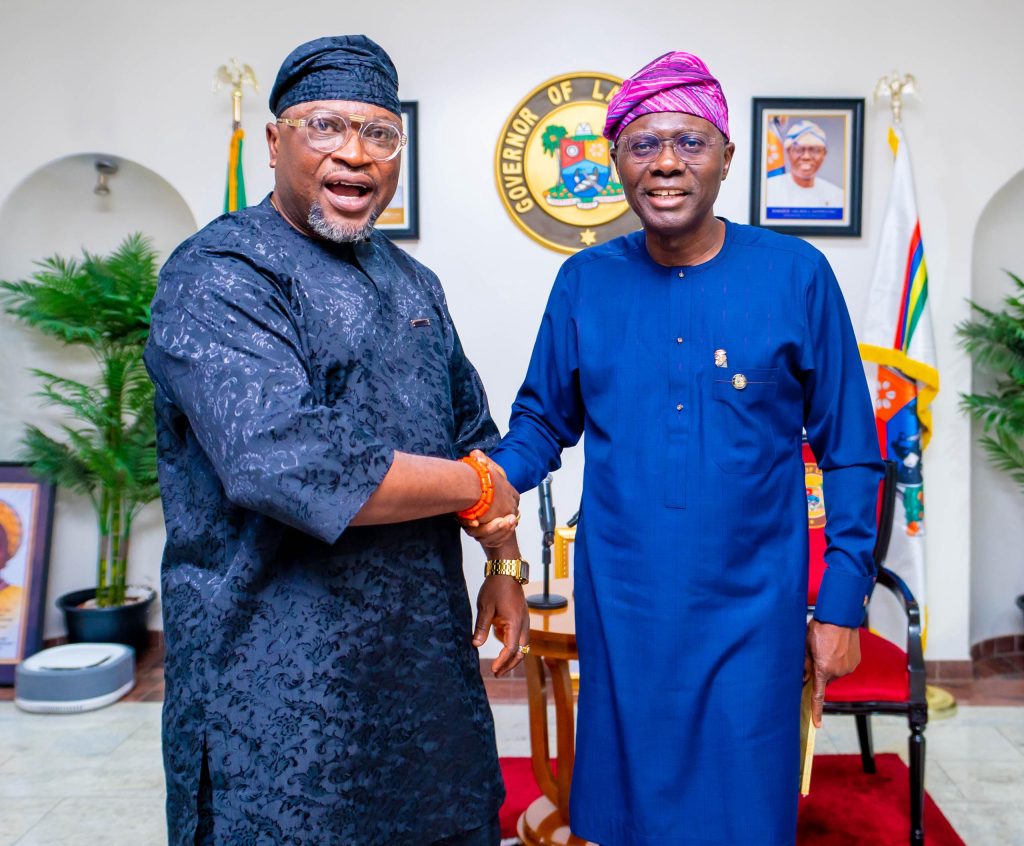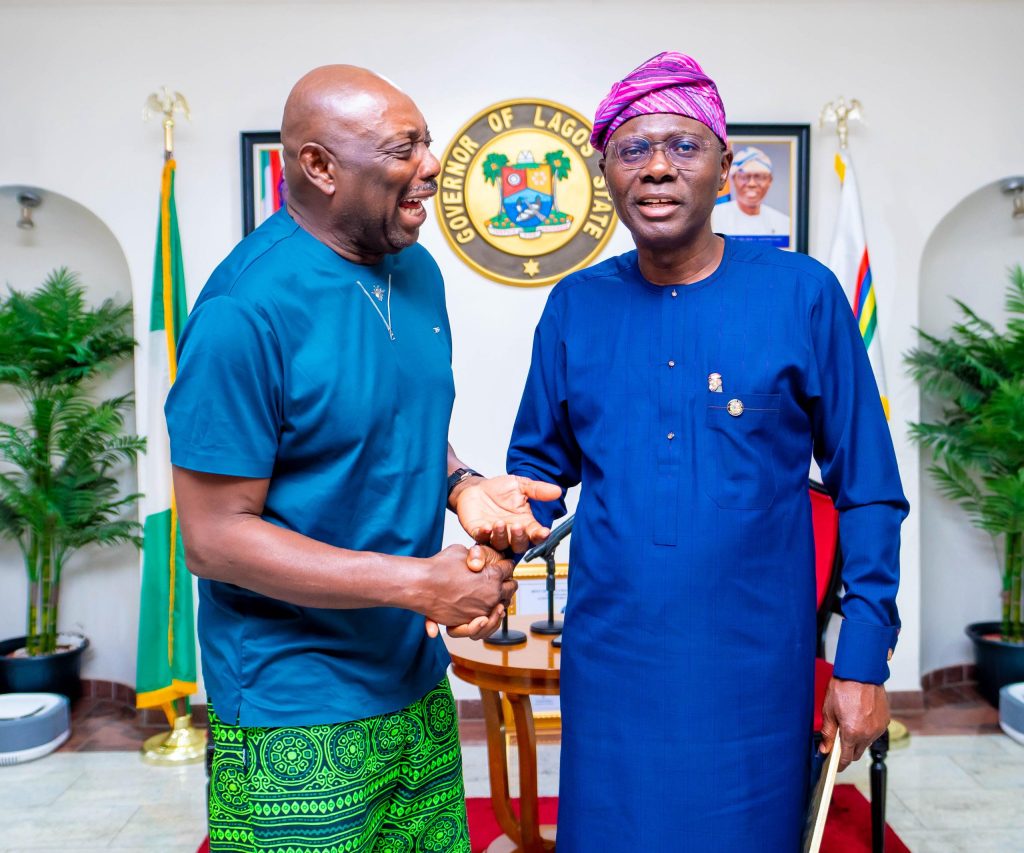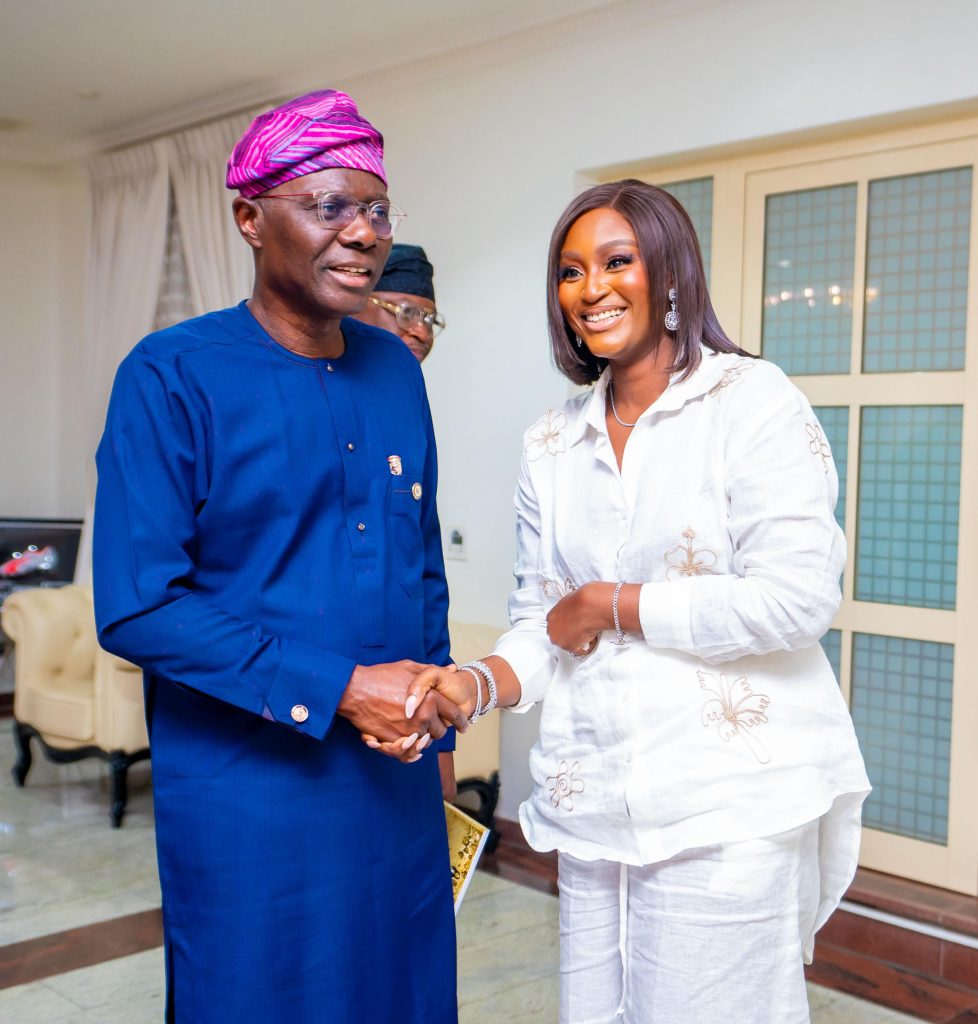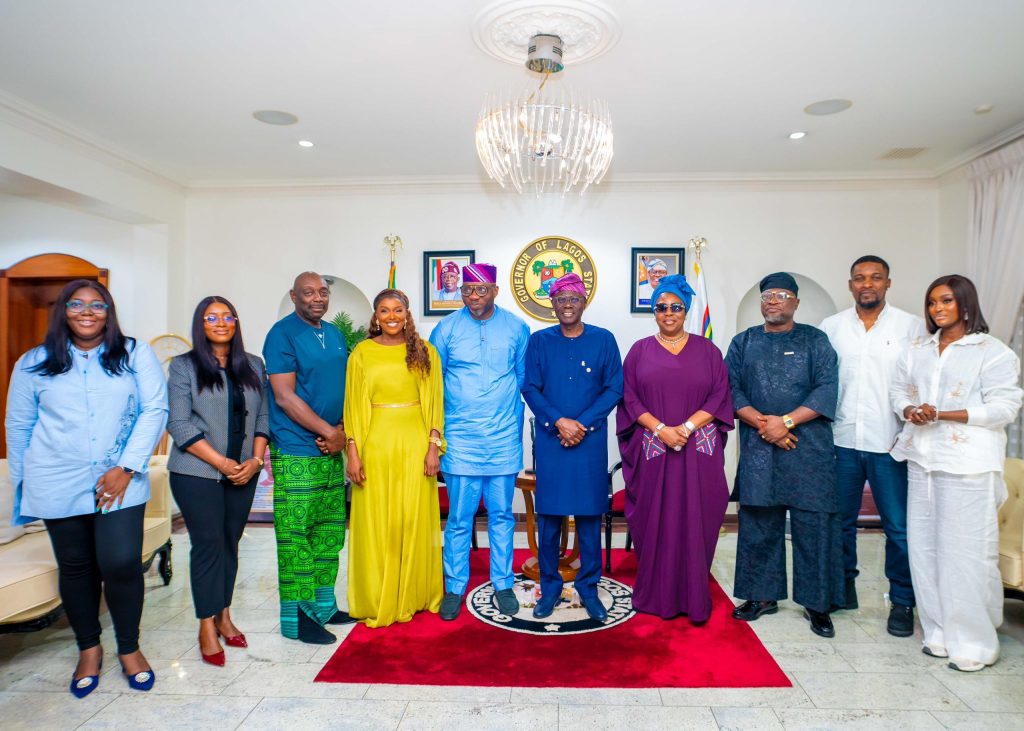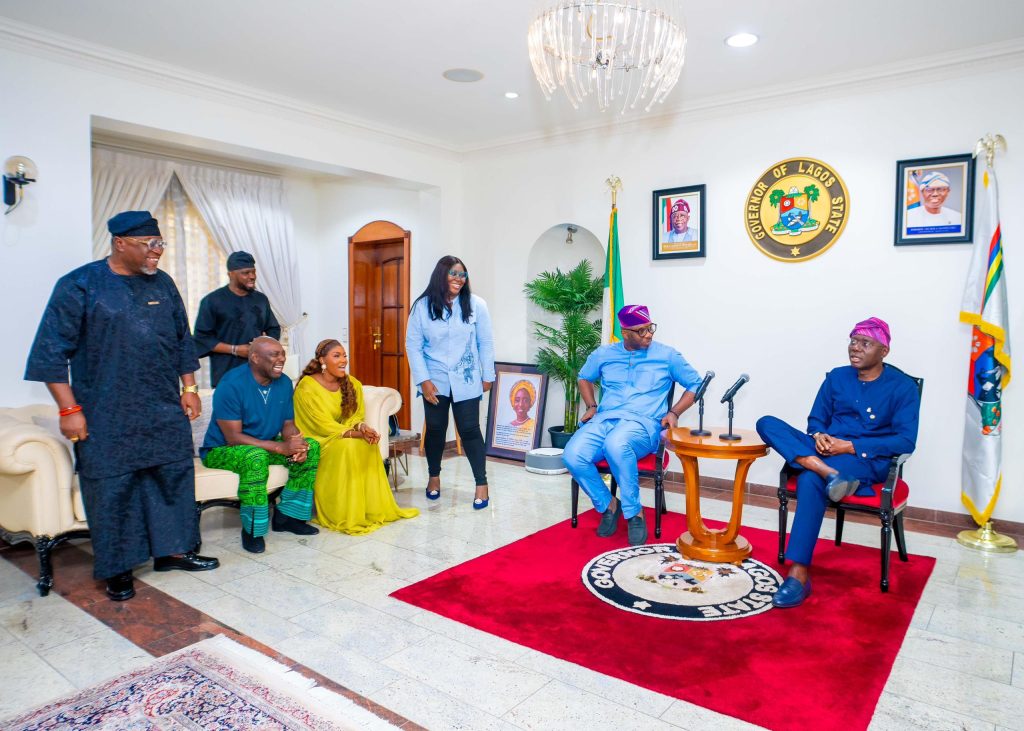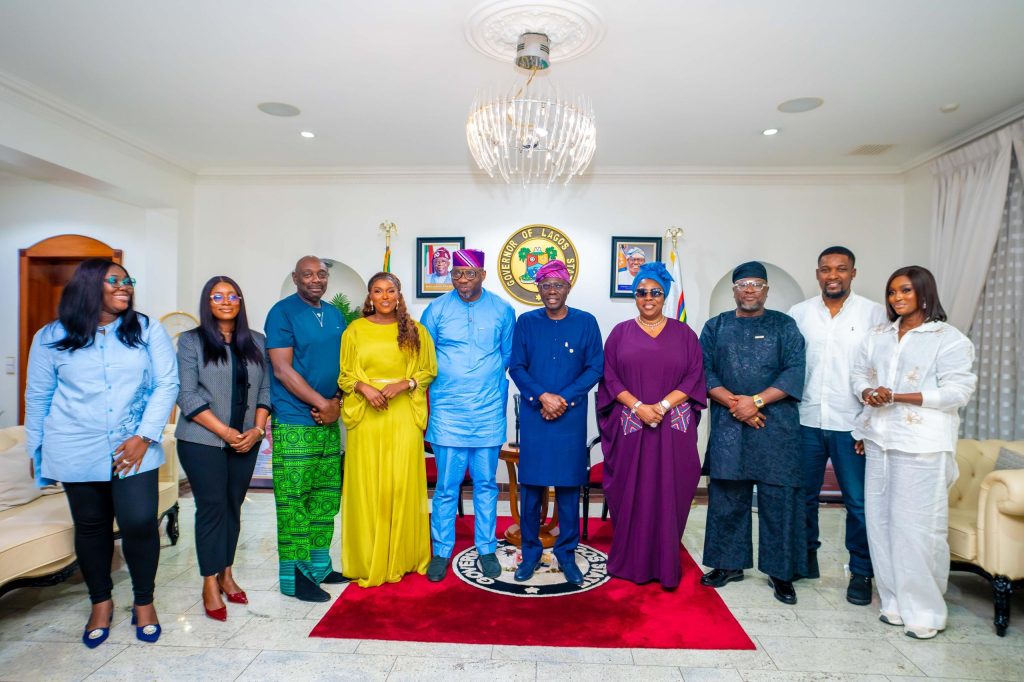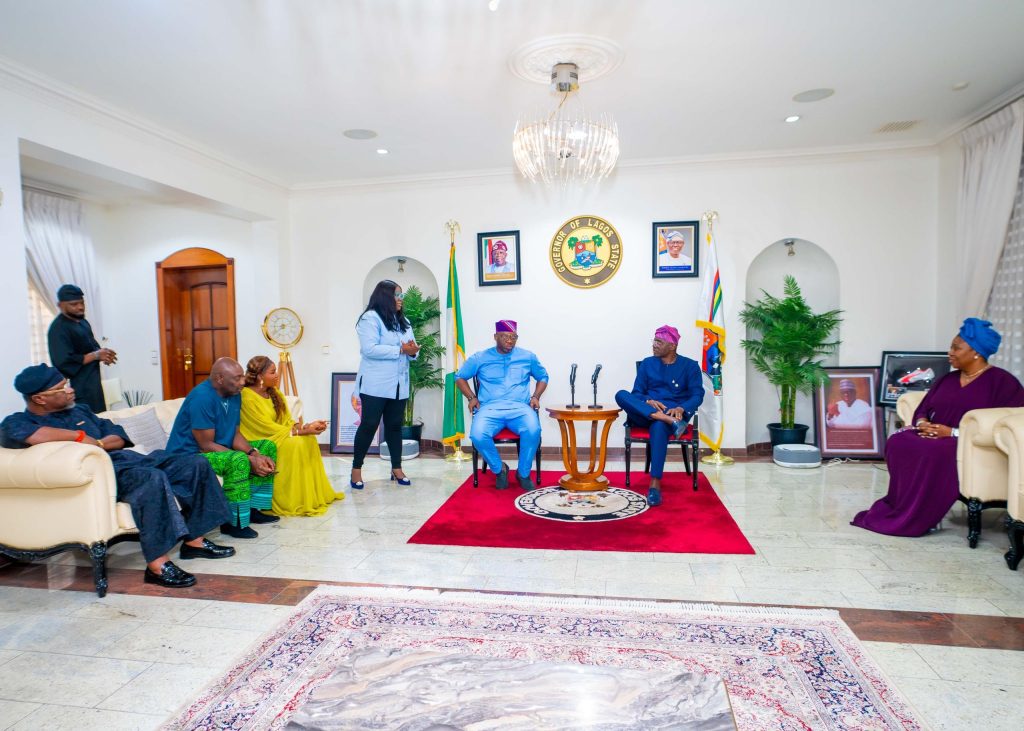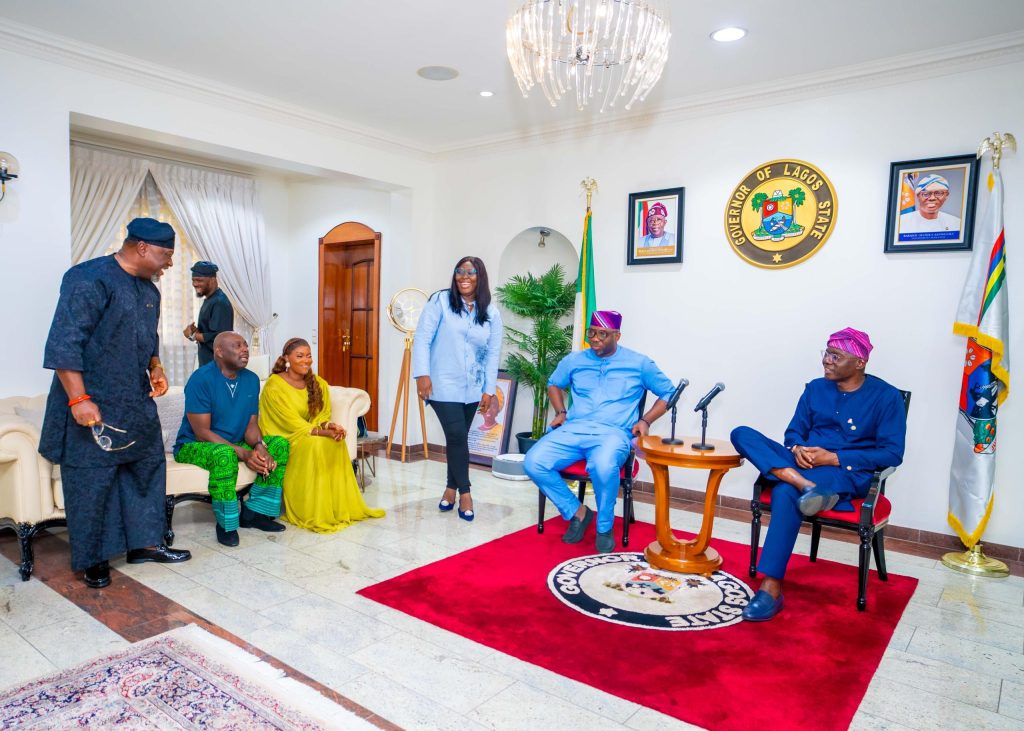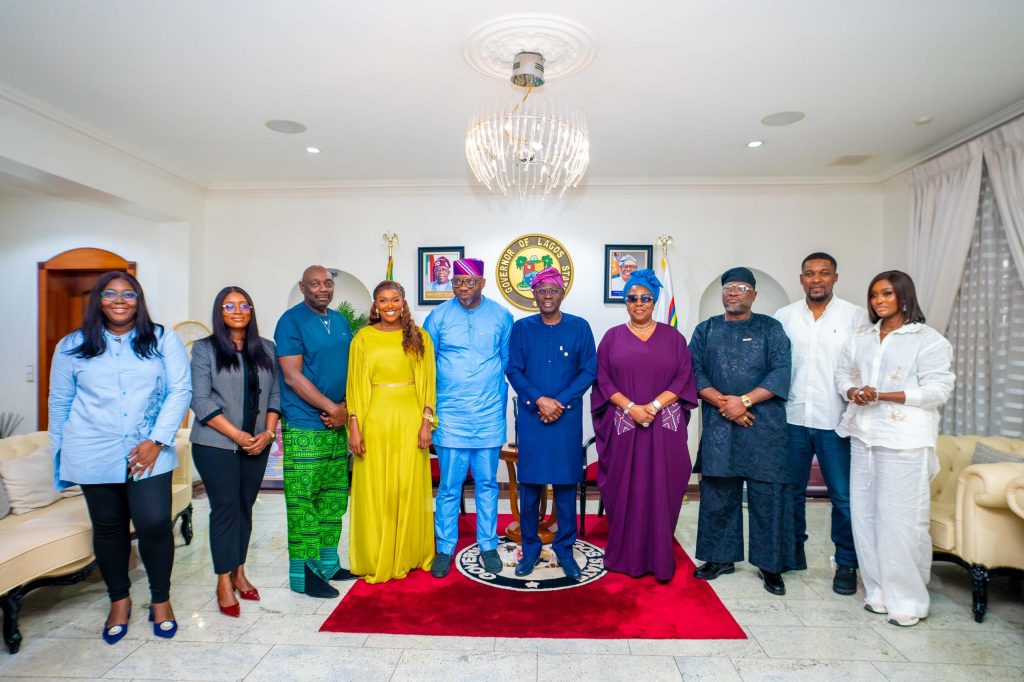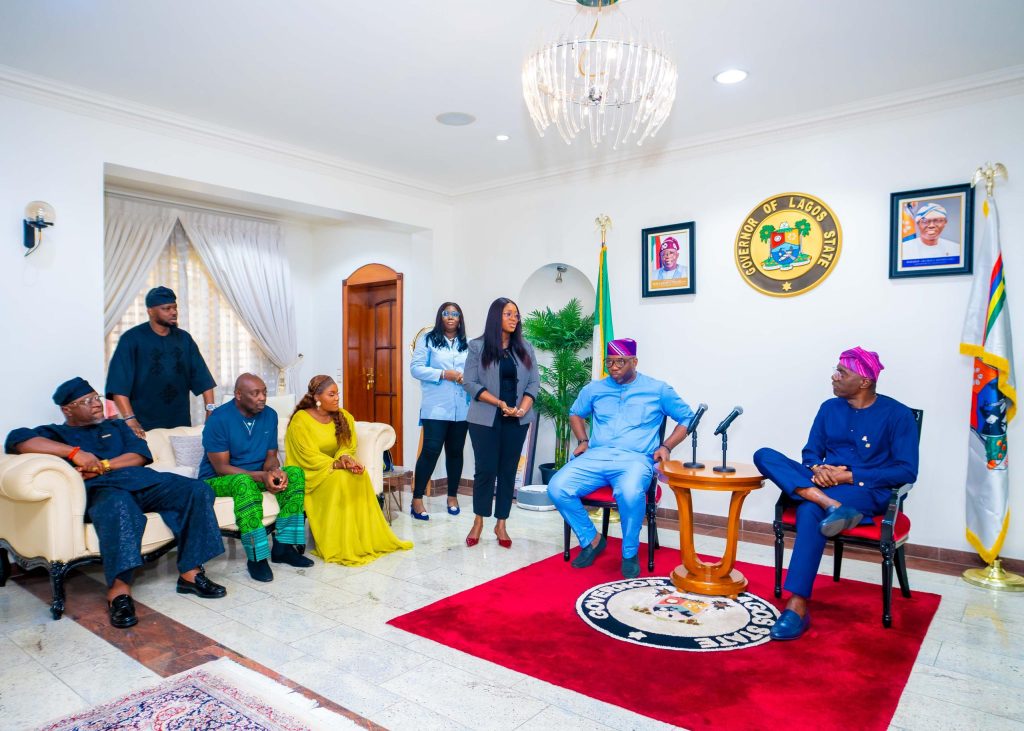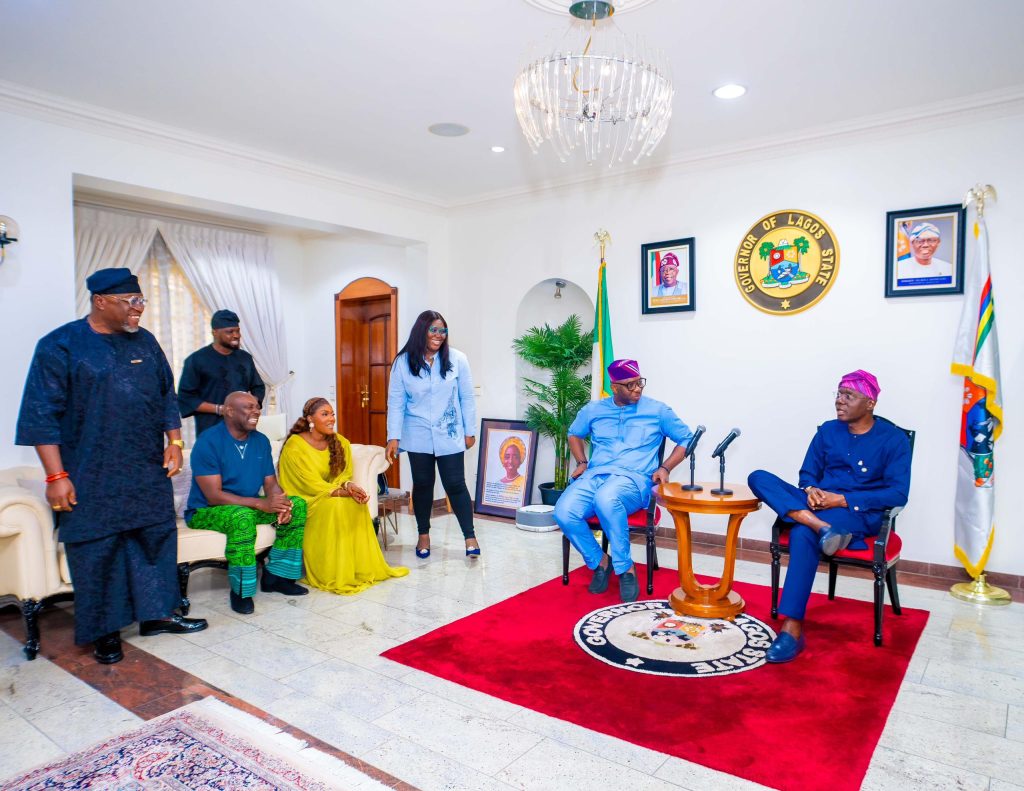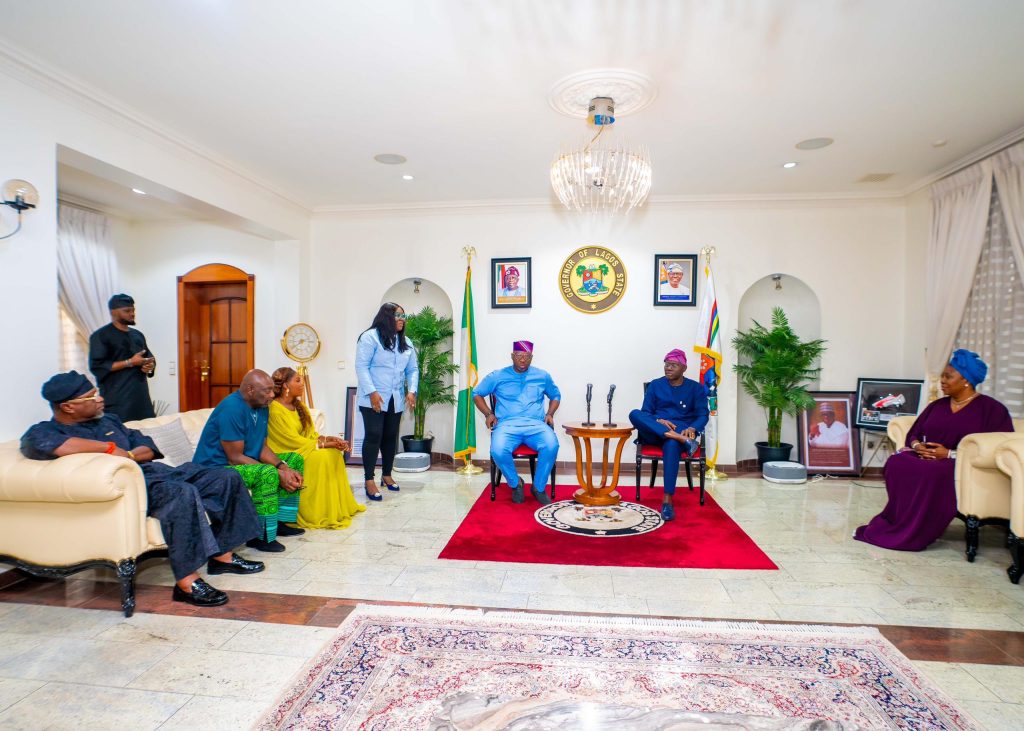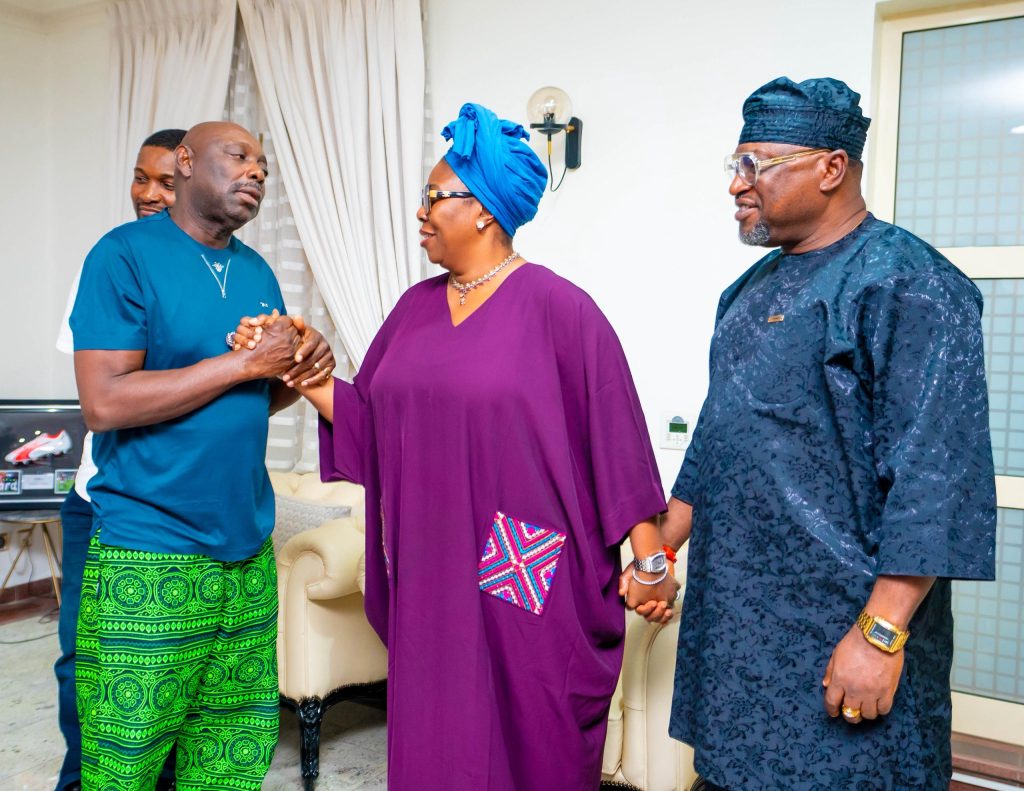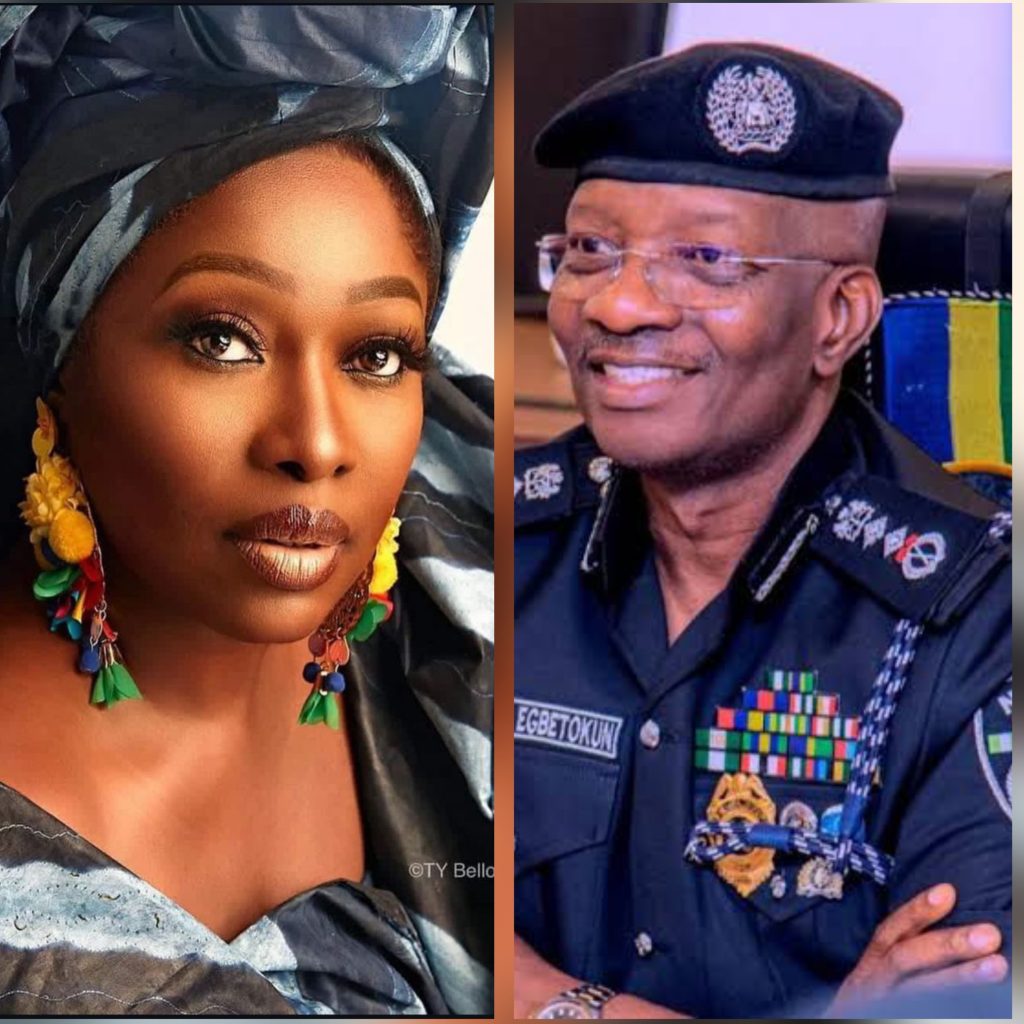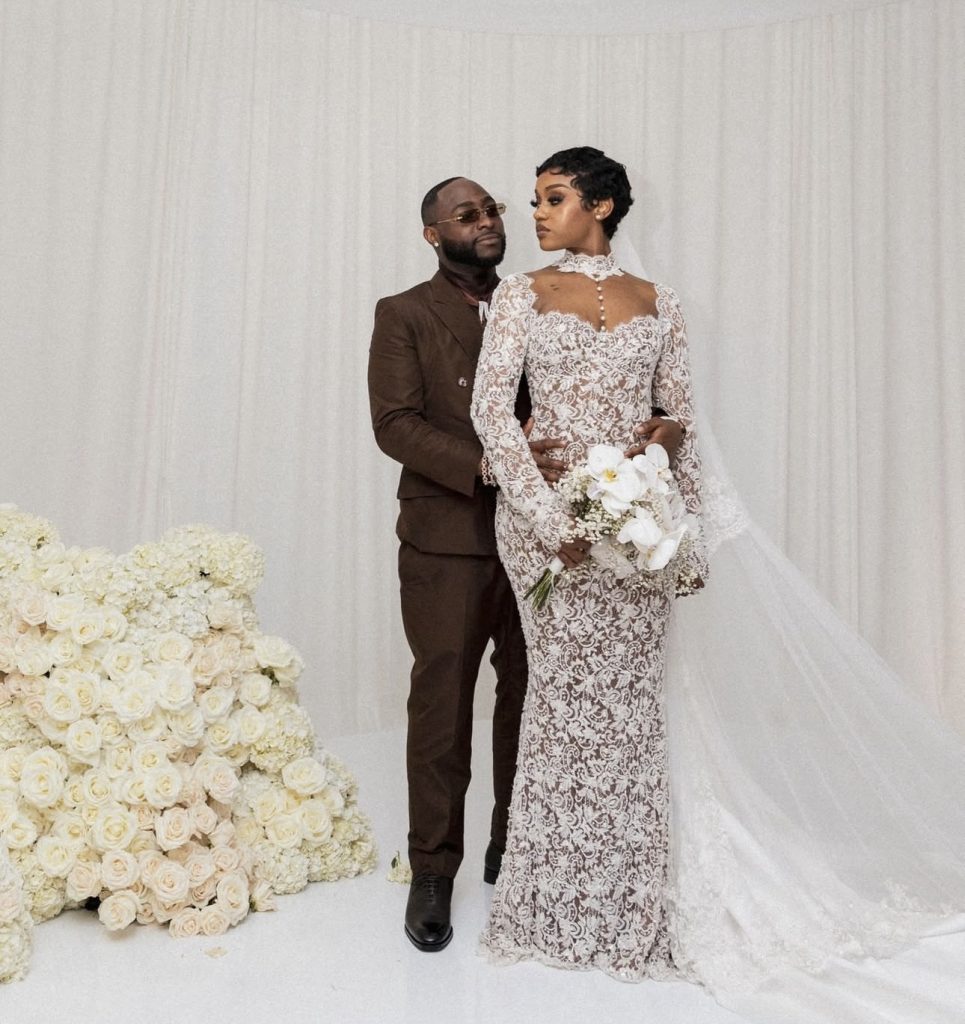The Timeless Authority of the Ooni of Ife Cannot Be Challenged
By Pelumi Olajengbesi Esq.
As a legal practitioner who has studied questions of legitimacy, sovereignty, and the jurisprudence of cultural institutions, I find the recent ultimatum reportedly issued by the Alaafin of Oyo to the Ooni of Ife over the conferment of the title Okanlomo of Oodua on Chief Dotun Sanusi, a respected Yoruba son and accomplished businessman, to be, with respect, wholly gratuitous and constitutionally unsound. Beyond its surface provocation, it constitutes an impermissible assault on the very foundation of Yoruba heritage and seeks to revive a jurisdictional contest which neither law nor history sustains.
In law, we are trained to ask whether an action is intra vires, within lawful authority. The Ooni of Ife acted squarely within his lawful, ancestral, and cultural prerogatives. These prerogatives are sui generis, inherent, and incapable of usurpation by any other stool. They are not the product of conquest or temporal power but derive from the very normative foundation of Yoruba civilization.
In jurisprudence, Professor Hans Kelsen taught us that every legal order derives its validity from a Grundnorm, the basic norm from which all other norms flow. In the Nigerian state, that Grundnorm is the Constitution. In Yoruba civilizationIn Yoruba civilization, Oòdua itself constitutes the Grundnorm, the unalterable source of legitimacy, with the Ooni as its custodian and living embodiment. To challenge the Ooni is, in strict legal logic, tantamount to questioning the Grundnorm itself, which is a juridical absurdity.
This is logically right because the idea of Oòdua predates colonialism, nationhood, and the coinage of “Yoruba” as a linguistic and ethnic identity. Oòdua is primordial, ancestral, and civilizational. It denotes descent from Odùduwà, the progenitor of the entire people who trace their origins to Ile-Ife. Every Yoruba monarch, including the Alaafin, holds legitimacy only insofar as his crown symbolically connects back to Odùduwà and Ife.
While the term “Yoruba” is a relatively modern construct, popularized in the 19th century by Samuel Ajayi Crowther and later anthropologists to describe speakers of a common language group. It is an ethnolinguistic label, not a civilizational covenant. To collapse the sacred identity of Oòdua into the colonial linguistic framing of “Yoruba” is to mistake the branches for the root.
Every student of Yoruba history knows, tradition and scholarship unanimously affirm Ile-Ife as the cradle of existence of the Yoruba people, the primordial seat where Oduduwa, progenitor of the race, laid the foundation of legitimacy from which all kingdoms, including Oyo, derived their authority.
Just as the Pope functions as a supra-territorial spiritual authority in Christendom, and just as the Japanese Emperor historically symbolized divine legitimacy above the military Shogunate, so too the Ooni of Ife transcends parochial boundaries. Unlike the Alaafin, whose political authority arose from conquest and expansion, the Ooni’s legitimacy is primordial, spiritual, and universal, touching every Yoruba kingdom, from Oyo to Ekiti, from Ijebu to Ondo.
As a lawyer who has litigated disputes around chieftaincy law, I can affirm that no statute, Supreme Court judgment, or constitutional instrument vests exclusive pan-Yoruba jurisdiction in the Alaafin. The law recognizes traditional rulers through state chieftaincy statutes, not residual claims of imperial conquest. By contrast, successive governments, from colonial to postcolonial, accorded the Ooni of Ife recognition as a monarch of pan-Yoruba stature. Oba Adesoji Aderemi was not only a spiritual leader but also the first African Governor of the Western Region, a juridical affirmation of his ascendancy in both cultural and political spheres.
With the greatest respect, the oft-cited Supreme Court decision that purportedly vested Alaafin authority now exaggerated must be properly confined to its facts. Judicial pronouncements are case-specific, and no ratio decidendi of that Court has ever declared the Alaafin the sole custodian of Yoruba legitimacy. No statute in any Yoruba-speaking state vests exclusive authority in the Alaafin to confer titles of pan-Yoruba significance, and the Court cannot by judicial fiat extend such jurisdiction.
The conferment of the title Okanlomo of Oodua on Chief Dotun Sanusi, a distinguished Yoruba entrepreneur and philanthropist, is not a political office or military command. It is a cultural honour, symbolic of fraternity and solidarity. Such honours fall well within the Ooni’s remit as custodian of Yoruba identity.
History offers precedent. Oba Adesoji Aderemi, Oba Okunade Sijuwade, and the current Ooni, Oba Adeyeye Ogunwusi, have all functioned as rallying points for the Yoruba race. They commanded respect from monarchs across Nigeria and the diaspora, convening assemblies at Ile-Ife as the epicenter of Yoruba identity. None of their acts of cultural guardianship was ever invalidated. On the contrary, they were celebrated as affirmations of Yoruba unity.
By honouring Chief Dotun Sanusi, a man widely acknowledged for his business acumen, community development efforts, and devotion to Yoruba values, the Ooni has only acted in accordance with history and custom, celebrating excellence while reaffirming unity.
The law is clear, history is unambiguous, and jurisprudence is settled. The Ooni of Ife has not usurped power; he has exercised it intra vires—lawfully, historically, and culturally. He remains the ancestral father of the Yoruba nation, and his competence to confer honours symbolic of unity is beyond reproach.
As a lawyer, I find no legal, historical, or moral defect in the Ooni’s conferment of the title Okanlomo of Oodua on Chief Dotun Sanusi, an illustrious Yoruba son. On the contrary, it is a timely reminder that while empires rise and fall, the foundation of Yoruba identity, the Ile-Ife and the Ooni remain timeless, indivisible, and unimpeachable. The Alaafin of Oyo should be properly advised.
Pelumi Olajengbesi Esq, a
Legal Practitioner & Managing Partner at Law Corridor, can be reached via Pelumi@lawcorridor.org
